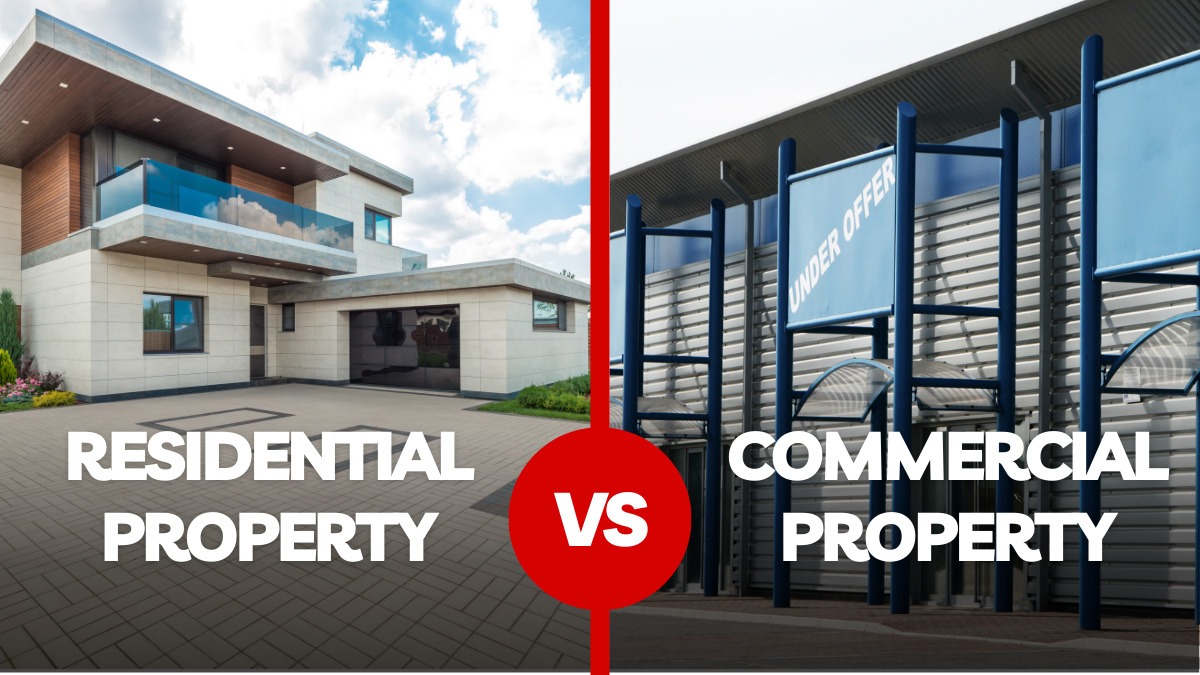Goodbye Stamp Duty: Victorian Tax Reforms for Commercial and Industrial Properties
New Tax Reforms to come into effect in Victoria from 1 July 2024

Victoria's fiscal landscape is undergoing a transformation with the introduction of the Commercial and Industrial Property Tax (CIPT), replacing traditional stamp duty. Announced in the 2023-24 State Budget, this reform aims to streamline processes and alleviate financial burdens for commercial and industrial property transactions.
A Shift from Stamp Duty
In the 2023-24 State Budget, Victoria announced its intention to replace stamp duty with the CIPT for qualifying commercial and industrial properties. The reform aims to modernise the taxation system, offering greater flexibility and reducing the upfront financial burden on property transactions.
Key Features
For qualifying properties exchanged and sold after 1 July 2024:
Stamp duty
will be payable one final time on the property when it is transacted (Government loans are available to fund this duty payment in certain circumstances);
- CIPT will first become payable 10 years after the final stamp duty payment and then annually thereafter (CIPT is a flat 1% of the property’s unimproved land value); and
- if the property is sold during the 10 year period (even multiple times), stamp duty will not apply if the property continues to have a commercial or industrial use.
Eligibility
The CIPT is set to come into effect on 1 July 2024, with legislation expected to be introduced shortly.
The new regime will apply to transactions where:
- A contract and settlement date on or after 1 July 2024 (ie both exchange and settlement occur after 1 July 2024)
- At least 50% or more of the property transacts (this includes both direct dealings and indirect transfers of shares or units)
- There is a positive duty liability (ie stamp duty or landholder is payable)
- The Property is designated for commercial or industrial use, as determined by the Australia Valuation Property Classification Code (AVPCC) or tertiary student accommodation.
Mixed Use Properties
Mixed-use properties will be subject to a ‘sole or primary use test’ to determine their eligibility for the regime, through looking at factors like land and floor area of each use, intensity and time.
Properties found to have a qualifying commercial or industrial use will be subject to CIPT for the whole property, regardless of other uses.
Change-of-Use Duty
A change-of-use duty will apply if a property within the regime converts to a non-qualifying use, such as residential. Property owners must notify the State Revenue Office within 30 days of such a change, ensuring compliance with regulatory requirements.
Considerations for Property Owners
While the CIPT offers relief from upfront stamp duty, property owners should carefully assess the long-term implications. The ongoing CIPT payments, based on unimproved land value, may offset initial savings, particularly for properties held over extended periods or subject to rezoning.
Looking Ahead
As the legislation progresses through Parliament, further clarity on operational aspects, including ‘change in use’ definitions and the treatment of commercial residential premises, is anticipated. Property owners and stakeholders should stay informed and adapt their strategies accordingly.
*Disclaimer – We know most of you get this, but just to be clear, the information above is general and doesn’t consider your unique situation. Please don’t rely on it as a substitute for professional advice. We strongly encourage you to seek appropriate guidance for your specific needs



